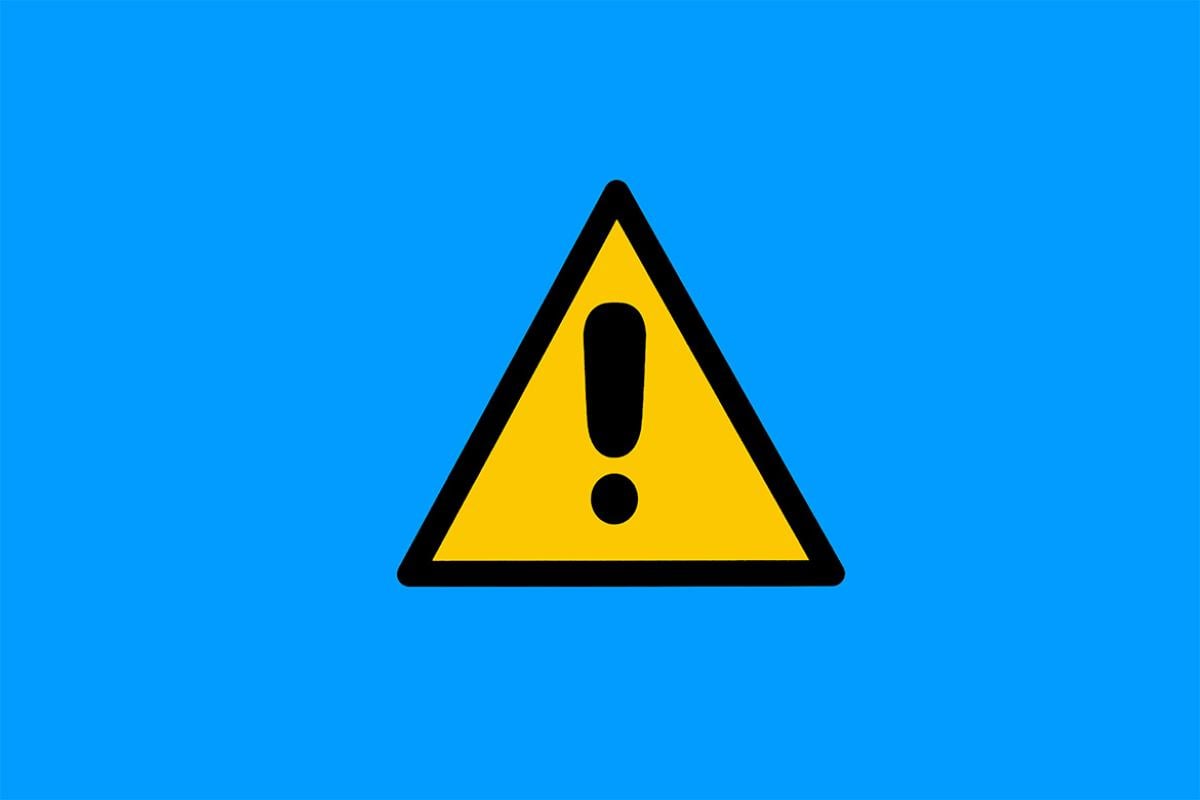Identifying the undergraduate coursework that will make you the best medical school applicant—and eventually help you succeed as a medical student—is an inexact science. Still, the bulk of prospective medical students tend to follow a science-heavy course trajectory in their studies. Is that the wisest course of action?
According to the most recent data released by the Association of American of Medical Colleges (AAMC), among the more than 53,000 candidates who submitted scores on the Medical College Admission Test (MCAT) as part of their medical school application, roughly 60% had an undergraduate major that could be classified as focusing on biological sciences.
In total, the AAMC has data tracking 22,239 students who matriculated to medical school in 2020. The breakdown of primary undergraduate majors in that group generally had a heavy emphasis on science and math, which tend to align with medical school prerequisite requirements.
The most common majors were:
- Biological sciences—12,845 total matriculants.
- Physical sciences—2,240.
- Social sciences—1,991.
- Humanities—832.
- Specialized health sciences—784.
- Math and statistics—156.
It is worth noting that the second largest group of matriculants (3,391) tracked by the AAMC fell into the “other” category.
Do any majors have an admissions advantage?
The data seems to indicate that is not the case. For instance, 30,921 students with majors in the biological sciences applied to medical schools in 2020–2021. The matriculation rate for that group was roughly 40 percent, lower than several other primary majors. Among the listed majors, students who studied biological sciences also had an average total MCAT score that fell in the middle of the group of tracked primary undergraduate majors.
Tonya Fancher, MD, MPH, is the associate dean for workforce innovation and community engagement at the University of California, Davis School of Medicine (UC Davis). The medical school is one of the 37 members of the AMA Accelerating Change in Medical Education Consortium working together to create the medical schools of the future and transform physician training.
UC Davis’ admissions office, Dr. Fancher said, doesn’t give more weight to one major or another as long as a student has completed the required prerequisites. “We look for mastery in an area that a student is passionate about,” Dr. Fancher said. “That could be in the study of art or history or science, in participation in college athletics or music or dance, or in making an impact in their community.”
That holistic approach to admissions may have benefits. A December 2018 study published in the journal Medical Education, “Pre‐medical majors in the humanities and social sciences: impact on communication skills and specialty choice,” found that medical students with premedical backgrounds in the humanities and social sciences may be more effective at communicating with patients.
In terms of what schools expect once students get on campus, the core competencies for entering medical school consist of a list of 15 traits the ideal medical student should possess. The list is broken down into three groups—preprofessional competencies, thinking and reasoning competencies and science competencies—and some of those traits may be screened for in the admissions process.
Will certain majors help you have more success?
Some students have found a science-focused major gives them the foundation to succeed on the MCAT and hit the ground running once they enter medical school.
“In my [med] school, most of the premed requirements were easy to satisfy doing a bio major,” said Avi Levy, a third-year medical student at Arizona College of Osteopathic Medicine.
“I was considering majoring in economics,” he said. “If I would’ve chosen that, I don’t know that I would have been as prepared for med school. The curriculum is hard enough having a degree in [biology].”
Jose Morfin, MD, a health sciences professor of medicine and nephrology and faculty lead of admissions at UC Davis, echoed those sentiments.
“I would recommend students to find a major that they are interested in and build on their strengths,” said Dr. Morfin. “Although you don’t need to be a science major to be a competitive applicant to medical school, a solid foundation in the sciences is necessary to succeed in the MCAT and medical school curriculum.”
The success that prospective applicants and medical students have will also be related to the knowledge and experiences they bring from outside of the classroom.
“We want students to be smart and adaptable,” Dr. Fancher said. “We also value their diverse backgrounds, which can enrich our learning environment and enhance care for our patients.”
Medicine can be a career that is both challenging and highly rewarding, but figuring out a medical school’s prerequisites and navigating the application process can be a challenge into itself. The AMA premed glossary guide has the answers to frequently asked questions about medical school, the application process, the MCAT and more.
Have peace of mind and get everything you need to start med school off strong with the AMA.




